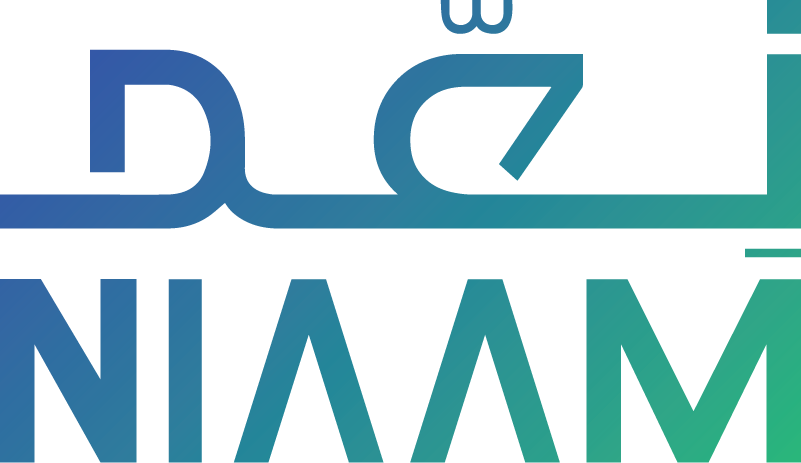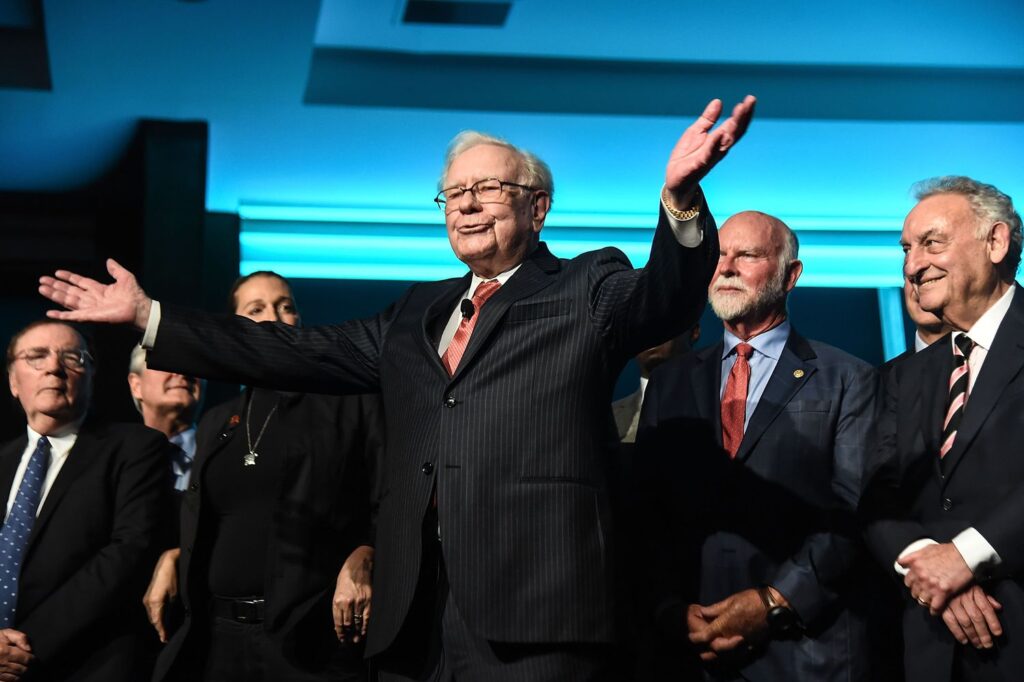The Issue
Open international trade and functioning markets are vital for moving products and services from areas of surplus to areas of need, and ensuring food security, job creation and economic growth. There is a growing perception in many parts of the world that trade is causing a wide array of socioeconomic ills, and that trade agreements are bad for workers, consumers and the environment. This recent shift in public opinion—along with an increase in trade conflicts, a move toward bilateral rather than multilateral trade agreements, and a rise in nationalistic, protectionist policies—are posing new challenges to trade agreements, trade relationships and the global trading system itself.
Our View
Niaam supports trade policies that facilitate the free movement of goods, services, and capital. We believe trade must be conducted within a rules-based system that builds trust among the parties, provides recourse for settling disputes through institutions such as the World Trade Organization, and ensures all participants are competing on a fair and level-playing field—each with the same responsibilities, equal access to markets, and an equal opportunity to compete in those markets.
We believe trade policies should honor comparative advantage, ensure access to markets for all farmers and cooperatives irrespective of size, and preserve and enhance the resilience of farmers and their adaptive capacity. We support policies that embrace sound science and encourage global harmonization of standards so trade can flow unimpeded.
We believe global food security is best served when open markets allow crops to be raised in climates where they can be grown most efficiently, productively, and sustainably—and then shipped to areas where they are needed, thereby reducing the need for land, fertilizers, energy, and other natural resources.
We believe export bans and restrictions limit access to food, artificially raise prices for consumers, divert food from markets in need, send mixed signals to farmers as they make planting decisions, and misdirect agricultural investment.
It is also Niaam’s fundamental belief that access to food is a basic human right, and that food should flow freely across borders and not be used as a political weapon.


